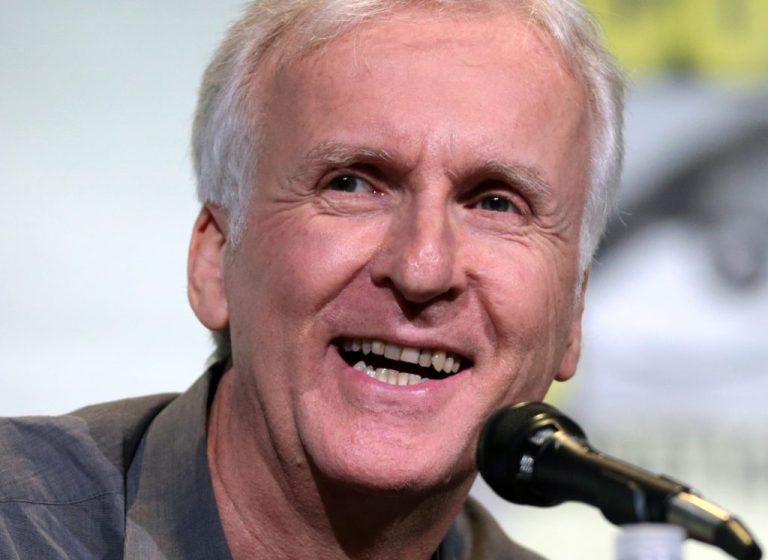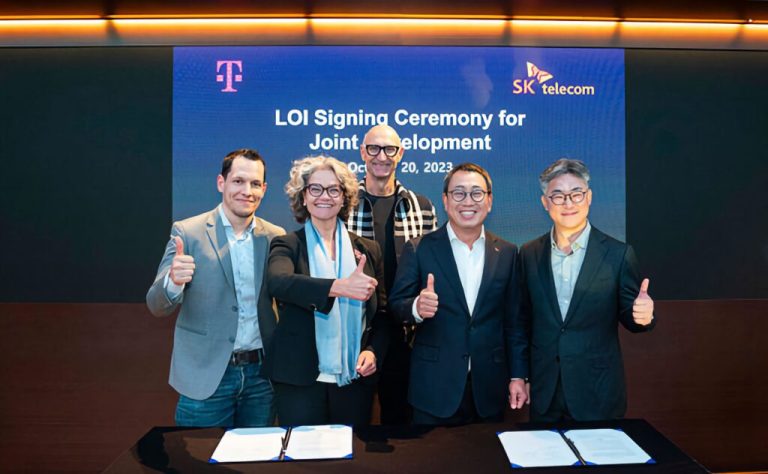Building a Human-Centric Platform in the Age of AI: Insights from Digg’s Founders
The revamped version of the social platform Digg aspires to revive the essence of the early internet amid a surge of AI-generated content that threatens to overshadow authentic voices in traditional social media. The founders believe this presents a unique chance to develop a social network tailored for the AI age, enhancing the role of content creators and community managers in the platform’s success.
Once a dominant news aggregation site during the Web 2.0 era, Digg reached a valuation of $175 million at its peak in 2008. It is now being revitalized under the leadership of its original creator, Kevin Rose, alongside Reddit co-founder Alexis Ohanian. The duo recently unveiled a refreshed vision for Digg, aiming to foster discovery and community, akin to how the early internet functioned.
During their recent appearance at The Wall Street Journal’s Future of Everything conference, the founders shared their insights on how they intend to achieve these ambitions with Digg’s reboot. They reflected on early social media challenges, with Ohanian recalling his departure from Reddit’s board due to conflicts over the platform’s handling of hate speech, which he believed was harmful both socially and economically. He pointed out that Reddit allowed a controversial forum called “r/WatchPeopleDie” to operate until it gained media attention following the Christchurch mass shooting, prompting a shift in content policies.
Following his time at Reddit, Ohanian founded a venture capital firm named Seven Seven Six, dedicated to backing businesses aligned with positive societal values. He views Digg as another step towards fostering a values-centric platform.
Kevin Rose reminisced about the initial stages of machine learning, where technology often rewarded controversial posts that highlighted obscure topics. He explained, “While this can be beneficial, it often promotes peculiar agendas, compounded by the influence of bots and AI.” With Digg, the founders aim to form a community centered around genuine human interaction rather than AI or bots.
In discussing the pervasive influence of automated content, Ohanian remarked on the “dead internet theory,” the notion that much of online content is generated by bots rather than humans. What was once largely a fringe theory has gained more credibility in recent years with advancements in AI. “Since we’ve surpassed the Turing test, it’s become increasingly apparent,” he stated.
Ohanian emphasized that most social media content consumed today involves either bots directly or humans utilizing AI tools to create content at scale, often manipulating narratives. To combat the proliferation of bots, the founders are considering innovative technologies like zero-knowledge proofs, which could authenticate users on the platform. They envision a landscape where moderators can adjust settings to ensure that participants in the discussion are, indeed, human.
Rose noted, “As AI agents and bots flood the digital landscape, they could undermine communities striving for authentic connections.” He referenced a recent occurrence on Reddit where researchers used AI bots to impersonate real users, demonstrating AI’s potential to manipulate human opinions.
Ohanian expressed concern over the concept of an overwhelming amount of AI-generated content compromising user experiences intended for genuine human interaction. He suggested that social platforms could develop methods to ascertain user authenticity; for instance, longer device ownership could lend credibility to a user’s comments. Rose suggested implementing tiered services based on user authenticity, where users employing temporary email addresses or VPNs could face restrictions on their interactions or be required to verify their identities further.
Despite their concerns about AI, the founders clarified that they are not against its use. They plan to leverage AI to enhance moderation processes, including diffusing potential conflicts.
Furthermore, they envision a model in which moderators and content creators are fairly compensated for their contributions. “The era of unpaid moderation—relying on volunteers to build large communities—must end,” asserted Rose. He believes moderators deserve financial recognition for their efforts in cultivating these spaces. Rose also criticized Reddit for trademarking “WallStreetBets,” a forum name created by a user, advocating instead for support systems that empower creators and respect their contributions.
By improving user experiences and fostering a monetization framework for creators, the founders are optimistic that Digg can thrive. “I believe the successful business model for Digg will involve aligning all stakeholders,” Ohanian noted, expressing confidence in the platform’s potential.







